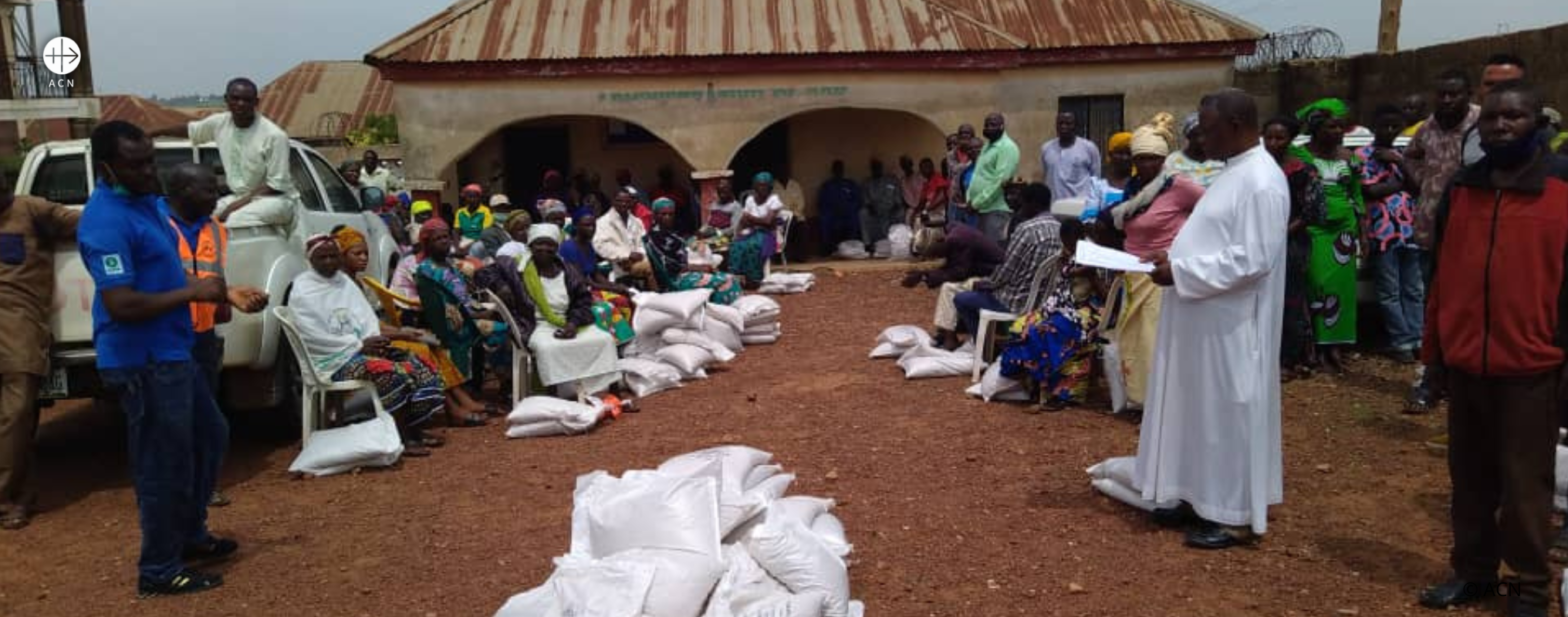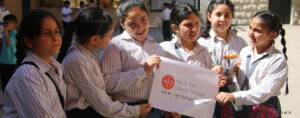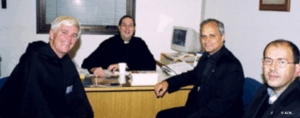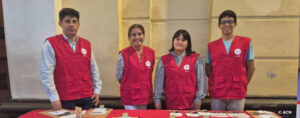Roads are fraught with danger in Northern Nigeria. Besides the risk of kidnapping, accidents are common and can be fatal. A good car would make Fr. Andrew’s mission easier to accomplish.
Video of Fr. Andrew explaining why it is important to have a safer mode of transport in #Nigeria.
“Being a priest in Nigeria includes the danger of being kidnapped,” Fr. Andrew explains. He takes precautions, never giving advanced warning of his travel plans, and not wearing his cassock in dangerous areas. Colleagues of his have been kidnapped in the past and he once had a situation that was too close for comfort, when his car broke down on a country road and a suspicious looking man on a motorcycle passed him and then circled round for closer inspection, forcing him to flee into the bush.
Nonetheless, cars do provide more safety than motorcycles, which are the vehicles he now uses to carry out his pastoral work. “To reach the people, to be effective in one’s ministry, one needs a good means of transport. We rely on good transport to be able to reach our parishioners, who are often cut off completely by rain, or because of the state of the roads,” he tells Aid to the Church in Need (ACN). Basic road safety is also an issue, as “there is the high possibility of accidents because of the nature of our roads, and that could be fatal.”

In recent years, Nigeria has become a dangerous country due to increased kidnappings in many regions. To the criminals, the Catholic Church is associated with wealth, and they particularly target clergy, believing this will yield them money, even though the bishops have a strict policy not to pay ransoms.
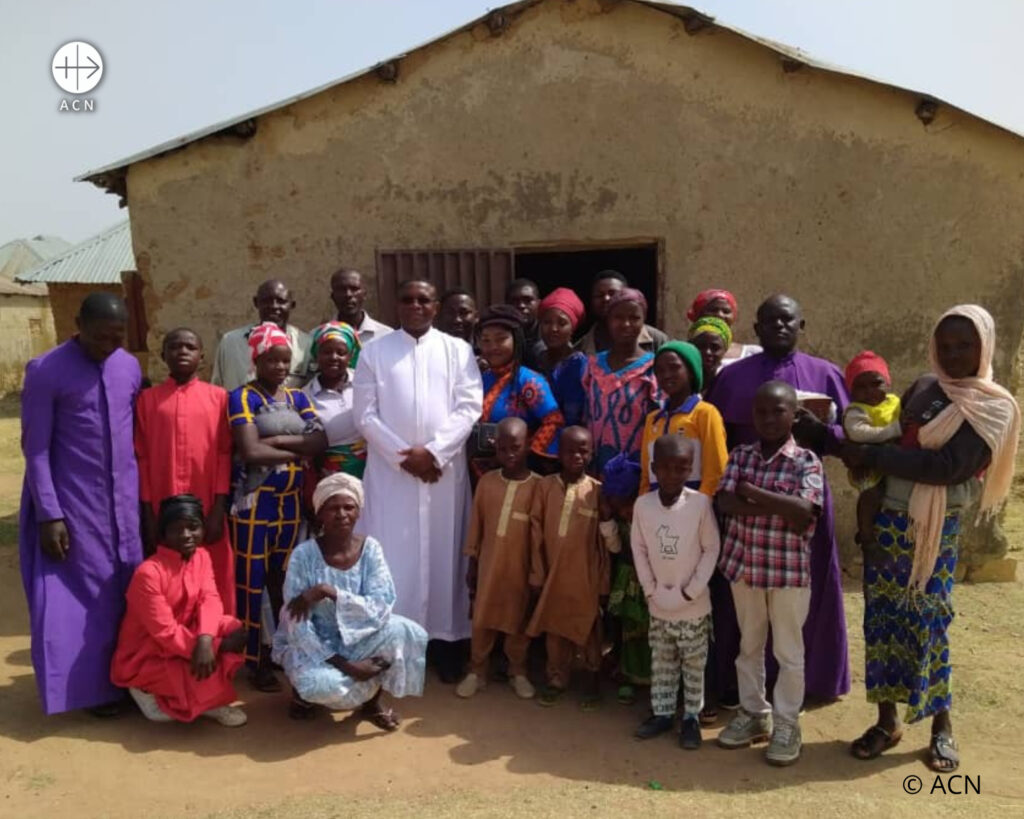
A young and growing diocese
The Diocese of Pankshin was erected less than a decade ago, and since that time, despite the scarcity of funds, work has been constant. Churches, schools, hospitals, and clinics are being built to accommodate the needs of the Catholic population, which in this northern part of the country is full of apostolic zeal, despite being a minority.
This is the diocese that Fr. Andrew serves, and it is with his people, whom he visits in their villages, that he feels fulfilled. “Being a priest today means serving God through the people. It gives me enormous joy, when I go to a village church, after all the troubles of getting there, and the people are there seated, waiting. It is quite encouraging. People are hungry and yearning for the Good News in my part of the world,” he tells ACN.
In his case, being a priest also means a lot of other things, including those he “didn’t sign up for,” but accepts as part of the job. “As a priest I do not only celebrate Mass. I am also consulted on health issues and, given the context of my location, I am a security expert. When a community is attacked, or kidnappers visit a community, I am probably the first or the second to be informed.”

He may find happiness in serving the people, but Fr. Andrew needs help reaching them. In its mission to help priests in countries that face poverty or persecution, ACN provides means of transport where necessary.
“ACN has done a lot to ameliorate the hardships being faced by the Church in Northern Nigeria, so I call on ACN to continue the good work it has begun, and I ask its benefactors, who make it possible for ACN to be effective and to ensure the promotion of the faith, to continue to support it. I wish other organizations would follow ACN’s lead, otherwise I fear for the faith in parts of the world that are facing persecution,” says Fr. Andrew.

